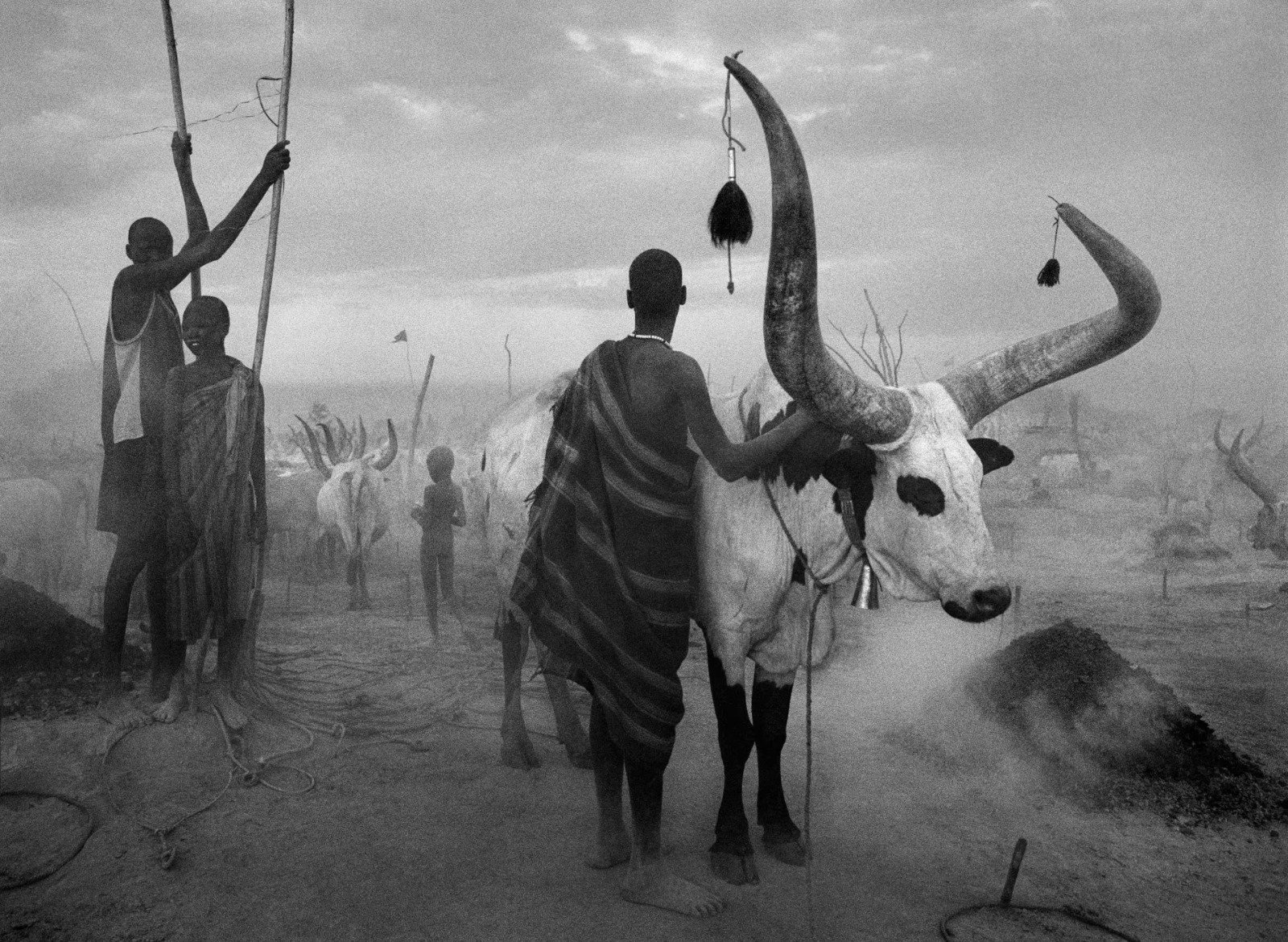Sebastião Salgado: A Lens For Justice
By Nancy Nuñez and Emiliano Rodriguez Nuesch
Sebastião Salgado, the legendary Brazilian photographer who recently passed away at the age of 81, leaves behind more than a remarkable body of work—he leaves a legacy of compassion, dignity, and deep social awareness. Trained as an economist, Salgado turned to photography in the 1970s to tell human stories that statistics alone could not capture.
His powerful images chronicled some of the most devastating events of the 20th century, including the famine in Africa’s Sahel region in 1984, the burning oil fields at the end of the Gulf War in 1991, and the genocide in Rwanda in 1994. His photographs do more than document suffering—they invite us to reflect on the systems behind it, and the humanity within it.
Through his lens, Salgado brought global attention to people living in harsh economic and social conditions. His black-and-white photographs are powerful not only for their beauty, but for their ability to connect us emotionally to distant suffering. He photographed series—not isolated images—inviting viewers to engage with the full context of each story. He never separated his subjects from their environments, reminding us that human suffering is always linked to larger systems and histories.
Unlike many representations of poverty or crisis, Salgado’s work never asked for pity. Instead, he showed the strength and dignity of those facing hardship, breaking through psychic numbing—the tendency to feel less concern when faced with large-scale suffering. His photographs humanize the numbers, helping us see individuals, not statistics.
A lifelong advocate for the Amazon’s Indigenous peoples, Salgado also spent years documenting the daily lives of rainforest communities, capturing their traditions, rituals, and deep relationship with nature. His work brought attention not only to what is at risk of being lost, but also to the strength and knowledge within these communities.
Later in life, alongside his life partner Lélia Deluiz Wanick Salgado, he launched a major environmental restoration project in Brazil’s Atlantic Forest. This work was a natural extension of his vision: restoring the earth as an act of love for humanity.
In a time when many feel overwhelmed or disconnected from global challenges—whether migration, inequality, or climate change—Salgado’s legacy offers a powerful reminder: compassionate action begins with truly seeing others. His life and work are a vivid example of how empathy, when paired with storytelling, can inspire meaningful change.




